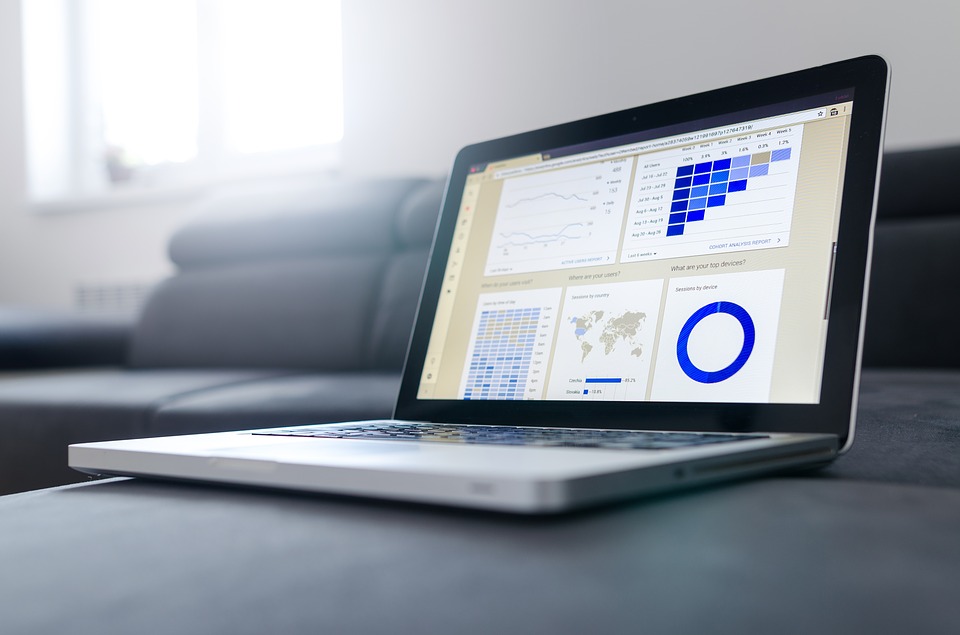By Ane Ohm.
Technology – and how we access it – changes rapidly. In just a few years it has become common to license software instead of purchasing installed software that will quickly become outdated. To ensure that financial reporting is accurate and transparent, accounting needs to keep up.
Increased governmental use of licensed software
This is just as true for governmental entities as private businesses. Across the nation, governmental entities are shutting down their data centers and instead licensing software, infrastructure and platforms as a service. This structure requires a smaller specialized headcount, creates a more even flow of operational expenses rather than irregular large capital expenses and can more easily be expanded in the face of organic growth or sudden increases in service, such as the unemployment insurance applications during the COVID-19 pandemic.
At the same time, these entities have an increased need for accounting transparency – and not just because it’s the right thing to do, but also because citizens are demanding it. Without a standard accounting method, such committed future liabilities and their related intangible assets are not included on financial statements.
That’s why the Governmental Accounting Standards Board issued GASB 96 in May 2020, effective for fiscal years beginning after June 15, 2022.
What are SBITAs?
The GASB assigned the name subscription-based information technology arrangement or SBITA to such licenses, creating a new umbrella term to cover all the various whatever-as-a-service options that software vendors have developed.
Once your clients start compiling lists of all the SBITAs, they might be surprised at how many they have. Generally, this includes any software with an annual or monthly payment – in other words, not bought outright. Google, Oracle, Microsoft, Adobe, Salesforce – all their software options are all likely to be SBITAs. This also may be true of software running in a single department, such as facilities, human resources or fleet management.
Who needs to capitalize SBITAs? Any governmental entity that follows GASB generally accepted accounting principles, including state and local governments, state colleges and universities, school districts, airports and tribal organizations, including some casinos.
Clients also need to track down the criteria for the licenses, including not only the subscription payments but also the interest rate the vendor charges the government – or compute it if there’s no implicit interest rate readily available. In addition, clients need to be aware of incentives, such as discounts, they’ve received from the vendor as part of the licensing agreement.
Ancillary expenses
There’s more to it than just the cost of the software license itself. Ancillary expenses should be considered, which include those associated with the license that aren’t part of the agreement. That could include hiring a consultant to procure the software, paying a consultant or the vendor to set up the software, paying a service or the vendor to train employees on the software and other implementation and maintenance costs.
In fact, GASB 96 defines three distinct SBITA stages:
· Preliminary Project Stage – activities associated with the decision to obtain the technology; costs are expensed as incurred.
· Initial Implementation Stage – one-time charges associated with setting up the SBITA, such as migration or installation; costs are capitalized as part of the subscription.
· Operation and Additional Implementation Stage – any other costs associated with running the asset, such as troubleshooting, tech support and maintenance; costs are expensed as incurred because they don’t add to the functionality.
Which SBITAs are exempt?
Not every SBITA is subject to GASB 96. In particular, license agreements that cover less than a year are exempt.
However, don’t think that means you can just set up a series of one-year SBITAs with your software vendor to sidestep this standard. This applies only to SBITAs that have a maximum possible term of 12 months or less, including options to extend. So if the agreement could be extended for more than a year, it still qualifies even if the governmental entity doesn’t intend to extend it.
Another type of SBITA that’s exempt is when the cost is almost exclusively related to the lease of hardware and the incremental cost of the software license is negligible. These types of agreements should likely be recorded under GASB 87.
Don’t wait!
While adopting GASB 96 isn’t required until your clients issue their financial statements for June 30, 2023, it’s not too soon to start working on this now. Assessing everything can be complex – which is certainly an indication that standards like these were needed. Be sure to gather all arrangements so there is no question of completeness.
The most challenging part could be tracking down exactly which SBITAs your clients are using and under what licensing criteria. If you’re working with a smaller-size government, have your client check to see what guidelines larger governmental entities under which they operate have issued. For example, states such as New Jersey and New York have set reporting thresholds of $100,000.
The good news is that once this work done, your governmental clients will have a much more transparent idea of their assets and liabilities to demonstrate that they are using the people’s money wisely.
====
Ane Ohm is co-founder and CEO of LeaseCrunch, a cloud-based lease accounting software company.
Thanks for reading CPA Practice Advisor!
Subscribe Already registered? Log In
Need more information? Read the FAQs
Tags: Accounting Standards, Hardware




